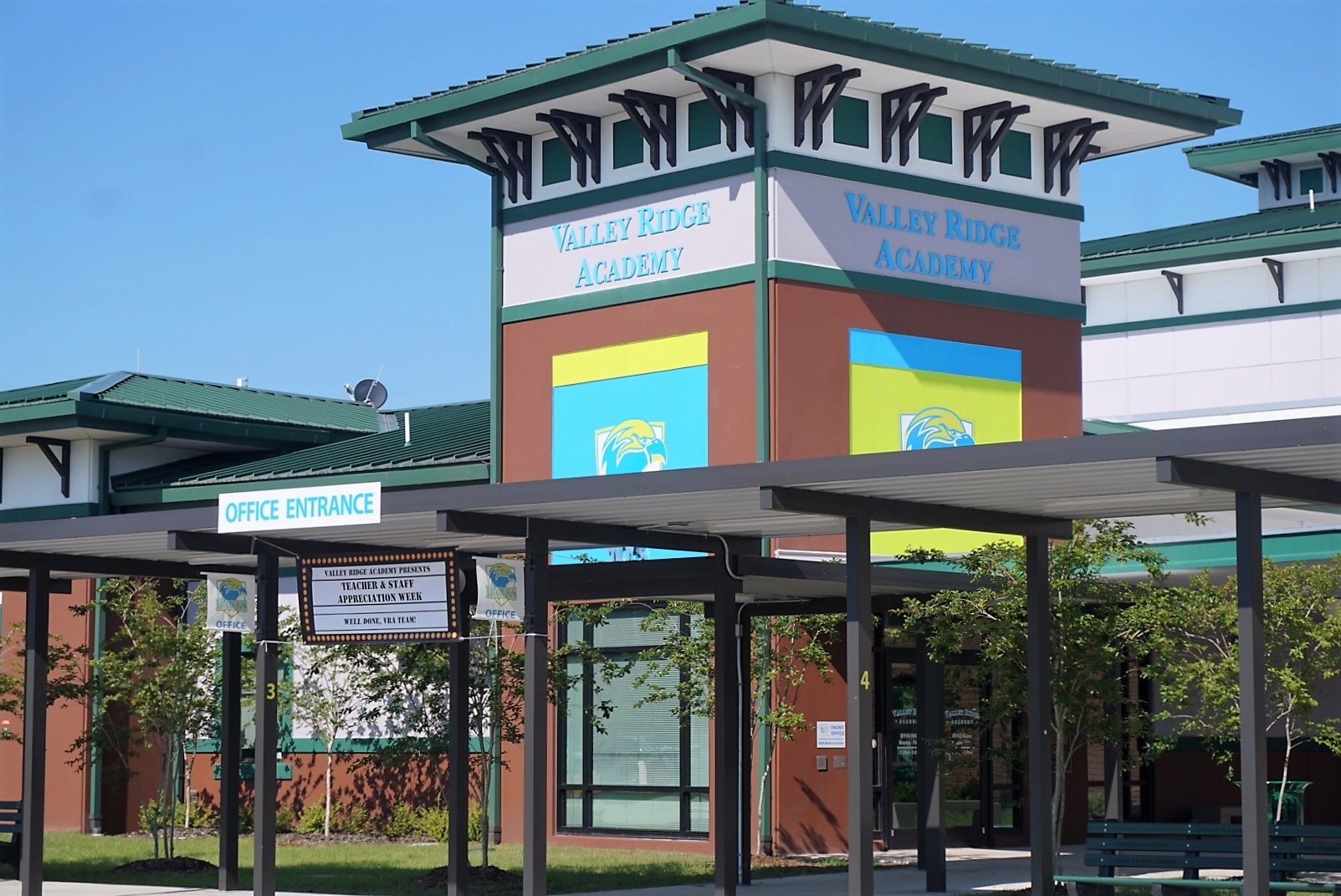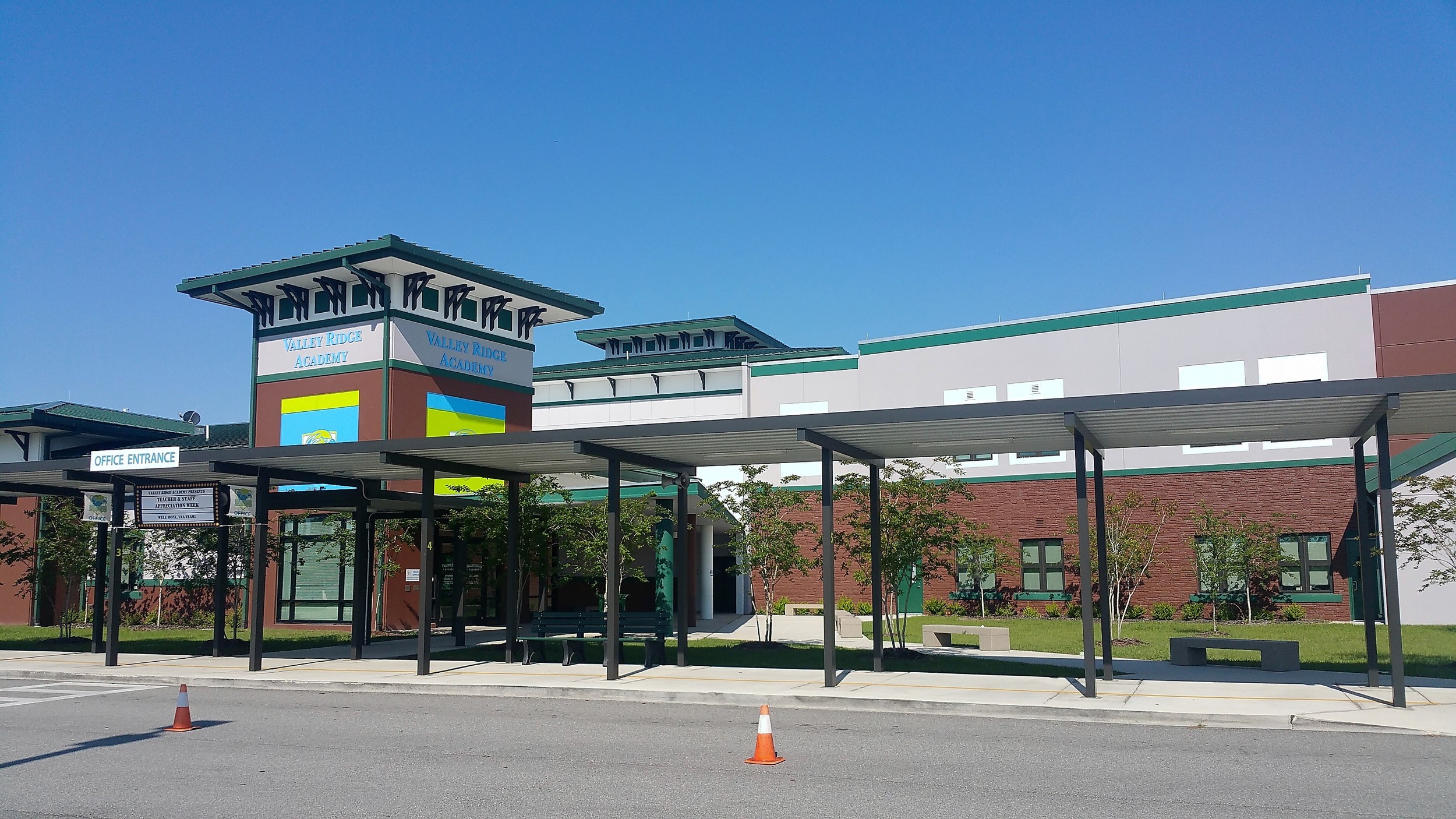School choice: officials say new law won't impact county schools
The superintendent of the St. Johns County School District is “cautiously optimistic” that county schools won’t be negatively impacted by new education legislation recently signed into law by Gov. Rick Scott.
Beginning with the 2017-2018 school year, Florida students will be able to attend any public school in the state that has space available. Locally, that means students residing in Duval, Clay, Putnam or other nearby counties could apply to attend public schools in St. Johns County, the top-ranked school system in the state. While out-of-district students would be required to provide their own transportation, once an out-of-district student was accepted at a school, he or she could not lose that seat to an in-district student.
Proponents of the law say it will enable more Florida parents to provide a high-quality education for their children.
“By expanding Florida’s school choice options, parents and students will be able to find an education solution that best fits their needs,” Florida House Speaker Steve Crisafulli (R-Merritt Island) said in a statement following the law’s April 14 signage.
For a school district that is growing at a rate of 3 to 4 percent and building two to three new schools a year just to keep pace with enrollment, however, the new law does pose challenges, St. Johns County School Superintendent Joseph Joyner acknowledged.
“We opposed it from the very beginning,” Joyner said. “We don’t have any empty seats, so any seat we give up is problematic.”
As of September 2015, the St. Johns County School District had 35,704 students in grades K-12. Because of the county’s significant population growth, Joyner said, the school district’s planning includes seats allocated for anticipated students who will one day live in the many new communities currently under development across the county.
“The problem comes when someone takes a seat that you had planned for upcoming development,” he said. “If someone comes from out of county and takes that seat, when new homes are built here, that seat is taken.”
Complicating matters, he added, is the fact the state Department of Education has yet to provide school districts with technical assistance to ensure the new law is properly implemented. “We just want to know what the rules are so we can start mapping our plan out,” Joyner said. “We intend to protect our future seats aggressively.”
To that end, Joyner said, education leaders have been lobbying officials to let individual school districts determine their capacity. That would give St. Johns County the ability to ensure seats remained available for current and future county residents.
“I could say, ‘These houses are being built, we need those seats,’” Joyner said. “In my verbal discussions with legislators, they said that was their intent. So I am hopeful and cautiously optimistic.”
School Board Member Kelly Barrera concurred with Joyner’s assessment.
“Dr. Joyner has been at the forefront of this issue,” Barrera said. "He’s been in contact with Tallahassee, and I trust we will be able to do what’s necessary.”
Barrera noted that because the new law isn’t scheduled to take effect until the 2017-2018 school year, school officials have time to try to address the challenges the law may pose for high-growth school districts such as St. Johns County.
“I think we have time to address this legislatively,” she said, “and that next year we’ll have an opportunity to make revisions.”
State Rep. Cyndi Stevenson also agreed that the intent of the new law was to leave the decision as to whether a school district had the space to accept out-of-district students in local hands.
“This has to be completely within the school board’s discretion,” Stevenson said last week at a St. Johns County Chamber of Commerce economic development event. “What’s in this (law) now is local control of the decision to determine if there is capacity…and if we need to, we’ll do more work in that area to get it right.”










